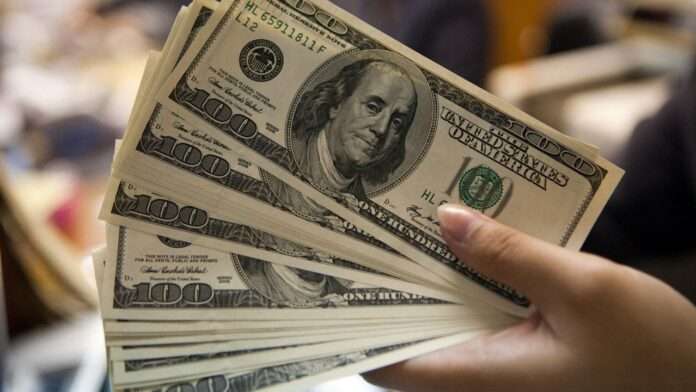While discussing the board’s assessment, a member of the Federal Board of Revenue (FBR) stated that 90% of US dollars are held in Pakistan, with currency smuggling accounting for 10%.
A member of the FBR named Mukarram Jah Ansari told a national newspaper that customs has increased its security at the nation’s entry and exit points. Airports are included in this to prevent currency smuggling.
According to Ansari, the FBR seized dollars and Saudi Riyals in some cases. Only 10% are being smuggled, while 90% are hoarding money, claims the assessment.
The government is working to sign Electronic Data Integration (EDI) agreements with a number of Central Asian Republics (CARs), Russia, and the United Arab Emirates (UAE), according to FBR members, in an effort to lower mis- and under-invoicing.
In order to reform customs and enhance the efficiency of the tax collection agency, he discussed a number of issues that could be addressed. He said that an EDI Agreement had already been signed between Pakistan and China and that they were now exchanging trade data online.
He continued by saying that China had, after great effort, agreed to raise the total value of its goods every quarter. Currently, there is a difference of less than 3 billion in data relating to bilateral trade. This is down from a gap of more than $6 billion per year a few years ago.
According to him, the customs division collaborated with the Pakistan Institute of Development Economics to carry out studies on false billing, illegal importation, and the requirement to establish precise levels. At the conclusion of the current fiscal year 2022–2023, he stated, the study’s findings would be made public. He promised that the FBR would create an action plan to stop fraudulent activity like misbilling and smuggling. It is pertinent to note that under-invoicing is predicted to result in annual losses of billions of dollars, which will have a significant negative impact on the economy.










